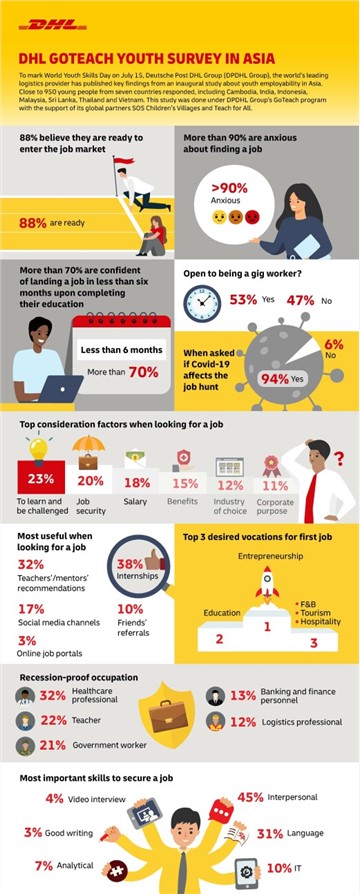WASHINGTON, Aug. 30 (Xinhua) -- U.S. job growth in August is expected to slow down amid a Delta variant-fueled COVID-19 surge, Diane Swonk, chief economist at Grant Thornton, a major accounting firm, said Monday.
Payroll employment is expected to rise by 675,000 in August after reaching 943,000 in July, Swonk said in a blog, noting that new jobs in public education likely drove employment in August as schools and universities "scrambled to reopen shuttered facilities."
The economist, however, noted that some schools have been forced to quarantine or return to online after opening, and most of those closures occurred after the survey week for the August payroll data.
"A surge in infections triggered by the Delta variant is expected to slow the pace of hiring in leisure and hospitality," she said. Credit card data, for example, show that spending at restaurants stalled in late July and August when infections surged.
Hiring in health care, meanwhile, is expected to slow because elective surgeries have been scaled back or cancelled in some of the worst affected parts of the country, according to Swonk.
On the bright side, hiring in manufacturing is expected to pick up as some plants that were idled due to chip shortages started to come back online, and hiring in professional services and at investment banks is expected to grow.
U.S. employers added 943,000 jobs in July despite a surge in COVID-19 Delta variant cases, with the unemployment rate dropping to 5.4 percent, according to data from the U.S. Labor Department.
The labor force participation rate was little changed at 61.7 percent in July and has remained within a narrow range of 61.4 percent to 61.7 percent since June 2020, according to the report.
Swonk said the unemployment rate is forecast to hold at 5.4 percent for August, with an uptick in the labor participation rate the main reason.
"A surge in pay for low-wage jobs, reopening of schools and an end to expansions and supplements to unemployment insurance are expected to bring back some workers from the sidelines," she said, noting that expansions are scheduled to end on Sept. 6.
"The unknown is how much concern about contagion and uneven school re-openings will affect the participation of parents who have young children," Swonk said, adding that the crisis exposed and exacerbated a glaring gap in affordable childcare, which hit single mothers the hardest.
Another hurdle, she noted, is an increase in retirements, and many who worked part-time are no longer willing to risk the hazards of a frontline job for a few hours of pay.






















Latest comments